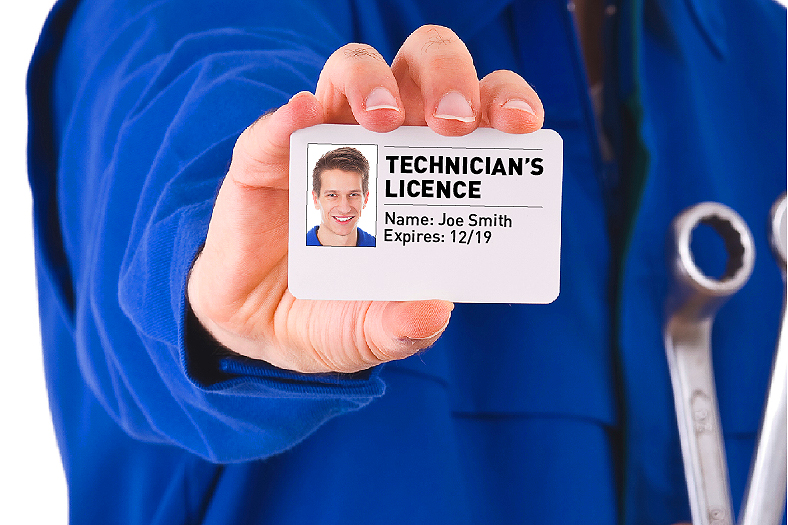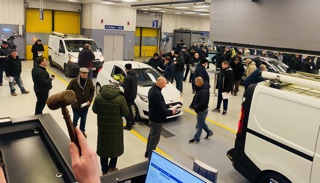By Richard Yarrow
The licensing of motor retail professionals is an issue with a lot of history. A search of am-online’s archives reveals a story from May 2004 about how the Institute of the Motor Industry (IMI) was hoping to make licensing a reality after 15 years on the drawing board.
The article included a quote from the IMI’s then-chief executive Sarah Sillars, saying: “We want to create a national set of occupational standards across the industry to benchmark technician requirements.”
The result was the Automotive Technician Accreditation (ATA) scheme, the industry’s response to the threat of a ‘super-complaint’ from government unless it self-regulated with a voluntary licence to practice.
Today, the IMI says ATA has been a success, with more than 53,000 qualifications handed out over nine years. It believes the system has support from both franchised dealers and independent garages, has raised consumer awareness and established the Professional Register as a way motorists can check the competency of technicians.
Yet the issue of full-scale professional licensing has not gone away. The IMI has made fresh calls for it to be introduced, arguing that it will create even more security and protection for the public. The organisation says there are an estimated 148,000 mechanics working in UK garages who have no verifiable standard.
Crucially, it believes the vast majority of the trade is in favour of the change. Its own research – in the form of an online poll – said 88.5% of respondents were in favour.
So are these new calls an admission that the ATA scheme hasn’t worked? Not so, says IMI chief executive Steve Nash.
“ATA has provided us with an excellent, ready-made solution to licensing based on competency checks, one that’s tied closely to the curriculums of recognised industry qualifications. However, we don’t believe it’s gone far enough,” he said.
Nash said the industry remains in a situation where technicians don’t require any training to work, and where bad operators are still harming consumer confidence.
“With the speed of development of modern technology, a lack of regulation is unsustainable and dangerous in the long run,” said Nash.
Critics say licensing is an extra layer of bureaucracy that’s not needed because franchised dealers already have to comply with the stringent standards set out by their supplying manufacturer.
However, Nash believes that very fact means it will add very little red tape to their businesses.
“Many manufacturer programmes use IMI qualifications or are quality assured by the IMI, allowing us to tie them directly into the competency requirements for the professional register and, by extension, a licence,” he said.
The argument is that with the Professional Register adding a layer of transparency, ATA – in its new guise as IMI Accreditation – can naturally evolve into a licence to practice with little cost to the sector, but plenty of benefit.




















nigel Powley - 28/01/2015 18:21
Perhaps taking a look at the irtec accreditation scheme which has the full support of RHA and the Government would be beneficial. We have all seen the consequences of Insufficiently maintained, 40 tons of nuts and bolts ploughing into smaller more vulnerable vehicles and the devastation caused. Most light vehicles are in excess of half a ton, capable of travelling in excess of the compulsory speed limit on any road in the UK, poor maintainence by unqualified persons has the potential to devastate lives. The irtec system aims to minimise this risk by checking the standard of technicians on a regular basis - surely the way forward for ALL motor vehicles???